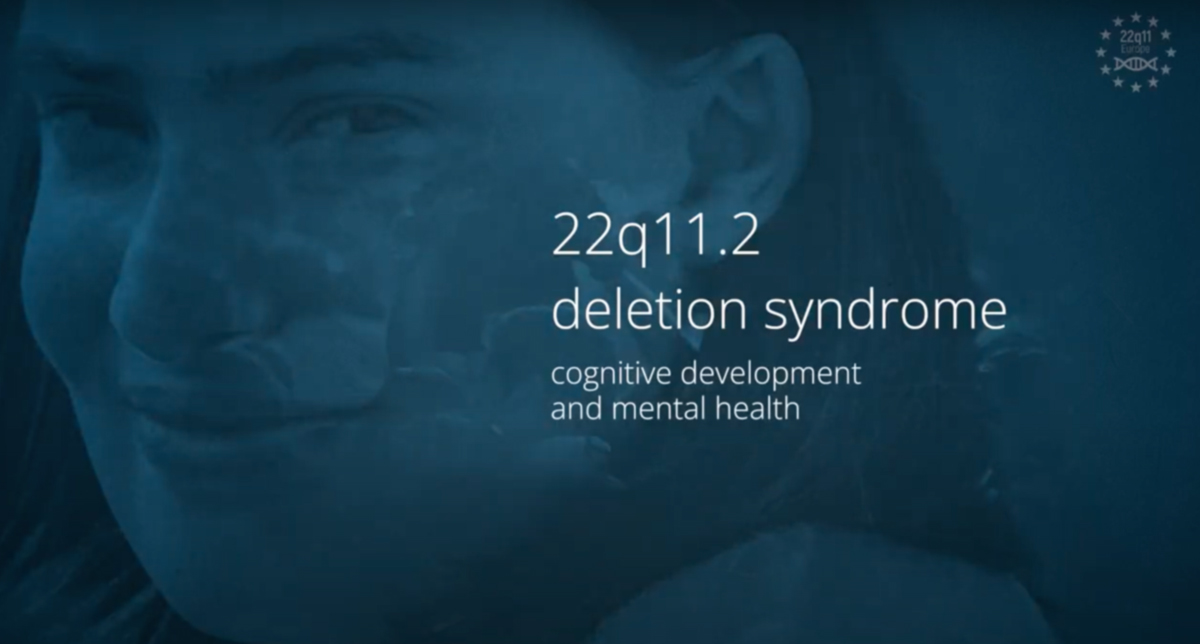22q11 microdeletion syndrome: bringing the latest clinical knowledge to European families
Knowledge about the most common rare disease - 22q11 microdeletion syndrome - is made available to parents and non-expert professionals through an online MOOC.
One in 2,000 people worldwide is affected by the 22q11 microdeletion. Children affected by this microdeletion present mild to severe symptoms. In most cases, they suffer from learning difficulties and developmental delays. They also present, in a variable way, physical particularities such as cardiac malformations, anomalies of the palate leading to language difficulties, characteristic facial features and an immune deficiency.
Unfortunately,, psychiatric illnesses such as anxiety, depression and schizophrenia, as well as neurologic diseases, including Parkinson's disease, are more common in people with the 22q11 syndrome than in the general population. At the University of Geneva, the NCCR-Synapsy has strongly contributed to the constitution of the largest cohort of people with a 22q11 deletion, followed over 20 years.
The 22q11 Europe organization, a network of 14 national associations across Europe, is launching its first MOOC. Experts from the University of Geneva, Stephan Eliez, Maude Schneider, Corrado Sandini, Johanna Maeder and their colleagues from the University of Maastricht Thérèse van Amelsvoort and Ania Fiksinski, have gathered their knowledge in the form of short videos posted on a YouTube channel and translated into 30 languages. "Our goal is to disseminate extensive knowledge on physical and psychological specificities, especially that accumulated during the 12 years of the National Center of Competences in Research Synapsy, in order to guide professionals and families. It is one of Synapsy's roles to allow the dissemination of knowledge in psychiatry and neuroscience to the public that needs it most. The families concerned need reliable and up-to-date information," says Stéphane Eliez, Professor at the Faculty of Medicine of the University of Geneva, and President of 22q11 Europe.
Many European regions do not have specialists for this relatively uncommon genetic disease. Thus, the large-scale distribution of this MOOC will allow to reach these regions with useful information for diagnosis, care pathways and destigmatization.
 17 Oct 2022
17 Oct 2022
